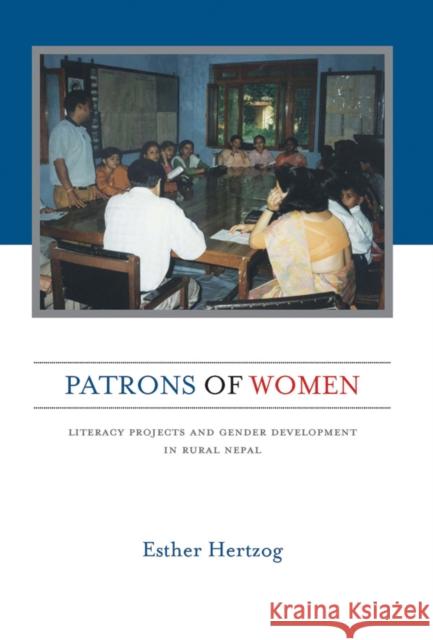Patrons of Women: Literacy Projects and Gender Development in Rural Nepal » książka
Patrons of Women: Literacy Projects and Gender Development in Rural Nepal
ISBN-13: 9781845457686 / Angielski / Twarda / 2011 / 278 str.
Patrons of Women: Literacy Projects and Gender Development in Rural Nepal
ISBN-13: 9781845457686 / Angielski / Twarda / 2011 / 278 str.
(netto: 483,13 VAT: 5%)
Najniższa cena z 30 dni: 498,70
ok. 22 dni roboczych.
Darmowa dostawa!
Assuming that women's empowerment would accelerate the pace of social change in rural Nepal, the World Bank urged the Nepali government to undertake a "Gender Activities Project" within an ongoing long-term water-engineering scheme. The author, an anthropologist specializing in bureaucratic organizations and gender studies, was hired to monitor the project. Analyzing her own experience as a practicing "development expert," she demonstrates that the professed goal of "women's empowerment" is a pretext for promoting economic organizational goals and the interests of local elites. She shows how a project intended to benefit women, through teaching them literary and agricultural skills, fails to provide them with any of the promised resources. Going beyond the conventional analysis that positions aid givers vis-a-vis powerless victimized recipients, she draws attention to the complexity of the process and the active role played by the Nepalese rural women who pursue their own interests and aspirations within this unequal world. The book makes an important contribution to the growing critique of "development" projects and of women's development projects in particular.
Assuming that womens empowerment would accelerate the pace of social change in rural Nepal, the World Bank urged the Nepali government to undertake a "Gender Activities Project" within an ongoing long-term water-engineering scheme. The author, an anthropologist specializing in bureaucratic organizations and gender studies, was hired to monitor the project. Analyzing her own experience as a practicing "development expert," she demonstrates that the professed goal of "womens empowerment" is a pretext for promoting economic organizational goals and the interests of local elites. She shows how a project intended to benefit women, through teaching them literary and agricultural skills, fails to provide them with any of the promised resources. Going beyond the conventional analysis that positions aid givers vis-à-vis powerless victimized recipients, she draws attention to the complexity of the process and the active role played by the Nepalese rural women who pursue their own interests and aspirations within this unequal world. The book makes an important contribution to the growing critique of "development" projects and of womens development projects in particular.











